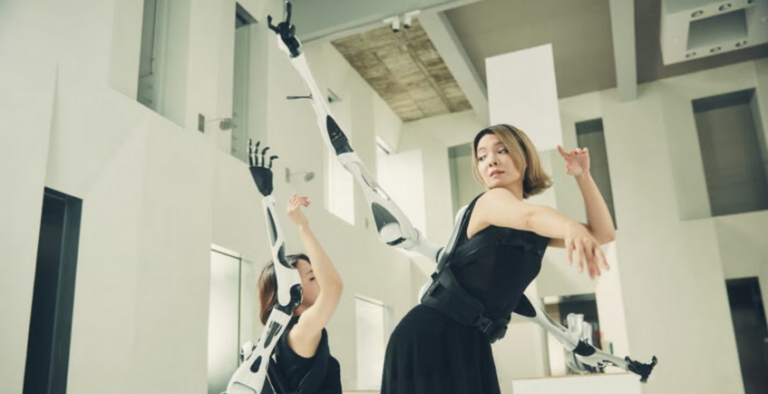Equipping people with extra sets of robotic arms could definitely help them perform certain tasks, but what role might such arms play in social interactions? The wild-looking Jizai Arms were designed with that question in mind.
Created by a team of scientists at the University of Tokyo, the Jizai Arms take their name from the traditional Japanese “Jizai Okimono” articulated animal figurines. Jizai is pronounced “jee-zye,” and roughly translates to “freely” … or in this case, more like “freely moving.”
Discoveries of ancient underground cities around the world
At the base of the experimental setup is a backpack with six built-in sockets. Different types of system-specific articulated robotic arms can be plugged into one or more of those sockets, then controlled in real time by either the wearer or another person. The arms were designed to be aesthetically appealing, and to “harmonize with the human body.”
Read more: New Atlas
Ask me anything
Explore related questions





